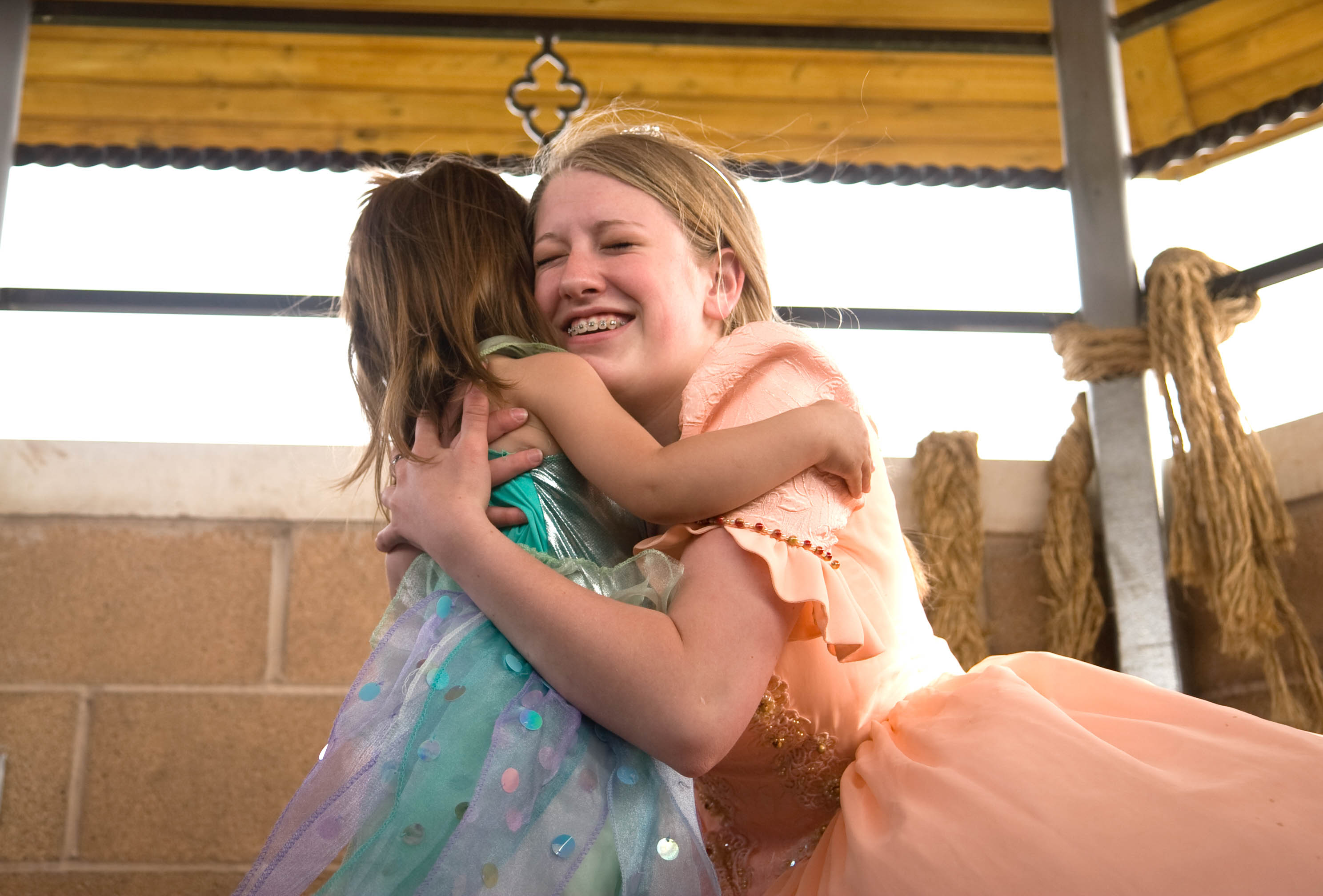
A BYU study found that “Disney Princess culture” can negatively influence young girls by upholding potentially damaging stereotypes. The study quickly became a nationally trending topic after being picked up by news outlets across the country.
A BYU study found that “Disney Princess culture” can negatively infl uence young girls by upholding potentially damaging stereotypes.
The study, conducted by BYU family life professor Sarah M. Coyne, assessed how 198 preschoolers interacted with Disney Princess culture. Interaction was defined as watching princess movies and playing with the toys, dolls and other princess paraphernalia.
The study discovered that interactions with the Disney Princess culture resulted in more female gender-stereotypical behavior, such as physical weakness, affection and submissiveness, among both girls and boys.
According to Coyne, female gender-stereotypical behavior, though not bad in and of itself, can be harmful to girls who avoid certain experiences, such as interest in math, science or getting dirty, simply because those endeavors aren’t seen as “feminine.”
The Disney Princess culture can also cause young girls to develop lower self-esteem or body image.
“Disney Princesses represent some of the first examples of exposure to the thin ideal,” Coyne said in an interview with BYU News. “As women, we get it our whole lives, and it really does start at the Disney Princess level, at age 3 or 4.”
On June 20, BYU News published an article on its Facebook page detailing the findings of the study. Within minutes the study became a topic of argument and controversy. Soon after the post, the story was picked up by other news organizations, including The Salt Lake Tribune, theSkimm, The New York Post and TIME Magazine, where it became the No. 1 trending story.
“It comes during a larger cultural conversation about the potential effects that Disney princesses and other gender-normative toys could have on young girls and boys,” TIME Magazine said.
Coyne said she never expected such a divisive response to the study.
“The response by the BYU community … has been a very polarized response to the study, with some people loving it and some people showing a strong negative response,” Coyne said. “But the study first broke on the BYU Facebook page, and some of the comments got really mean and ugly. I expected this from the wider community, but was surprised when some people in the BYU community took it to such a personal and mean level.”
While many seemed to support the study’s findings, there were others that took umbrage with the insinuation that Disney princesses could negatively affect young girls’ perceptions.
“The evidence presented here that links Disney princess exposure to negative effects on kids is vague, and without any references to relevant studies,” BYU student Melissa Bakes said. “Many critiques of Disney Princess media like this treat them all as uniformly one-dimensional, passive characters. … It’s far more constructive and positive to point out the princesses’ unique qualities. Belle’s reading, Tiana’s cooking, Mulan saving her family and friends, all of them fighting for their dreams and goals. Let’s celebrate their wonderful depth of character instead of framing them as inadequate, as everyone seems eager to do.”
Coyne has explained, however, that many of the comments indicate to her that the responders haven’t necessarily read the full study as published by Child Development.
“Maybe I’m biased, but I don’t think it’s ‘vague’ there, so I’d recommend that disbelievers get the full study and have a read. I’m always a fan of relying on the actual research as opposed to the news headlines,” Coyne said.
Those wishing to find out more can find the full study here, and read BYU’s article on the study.




